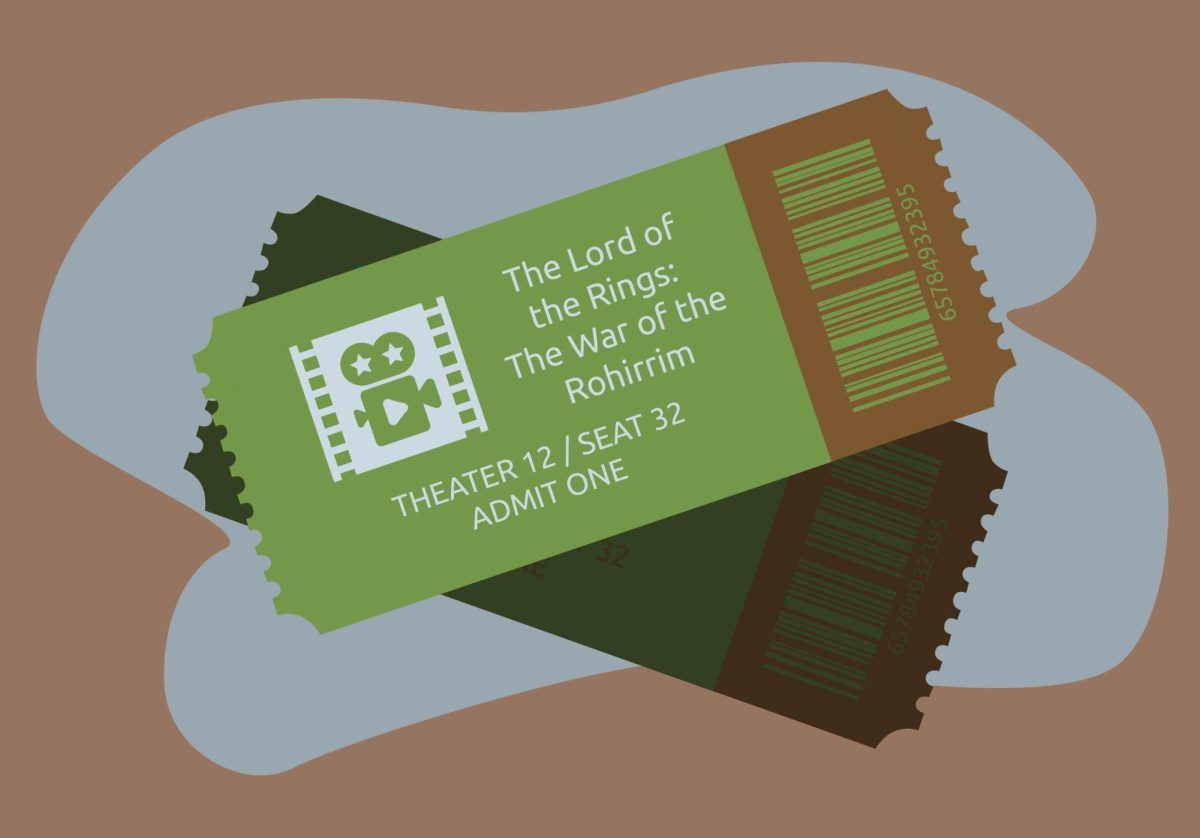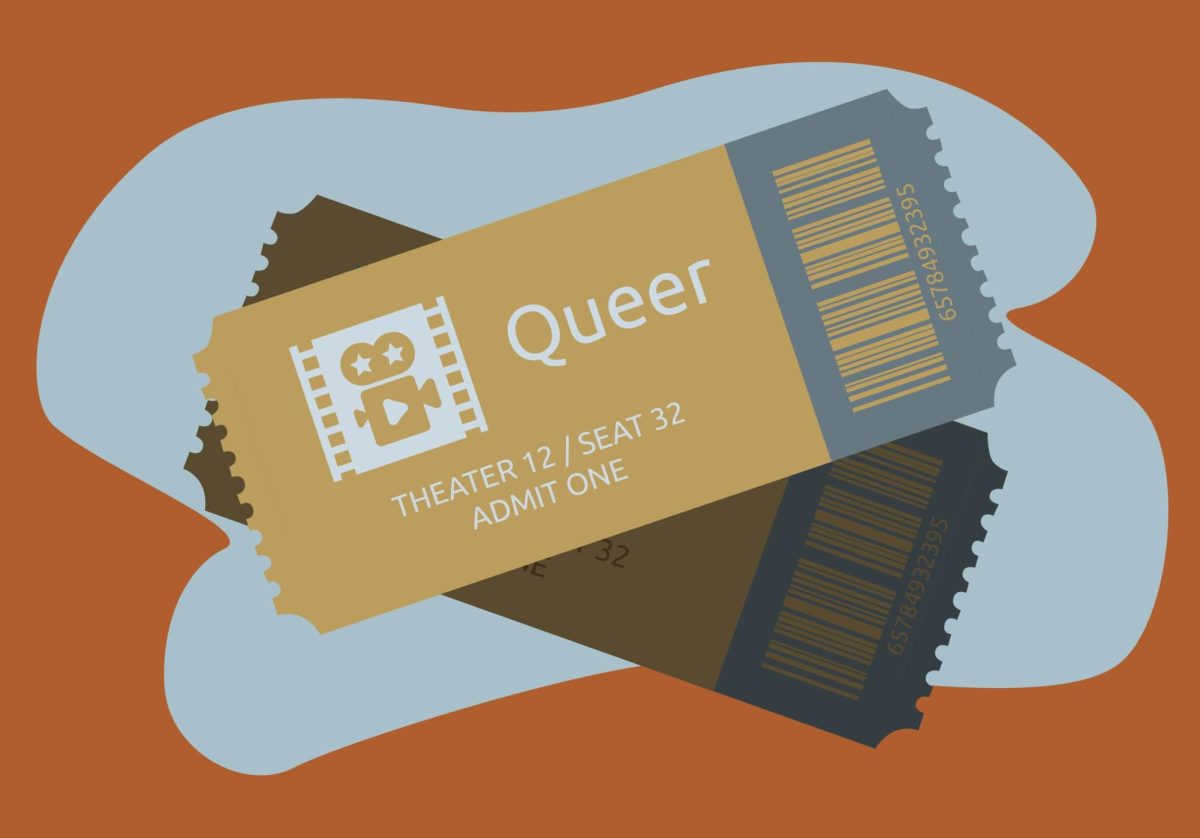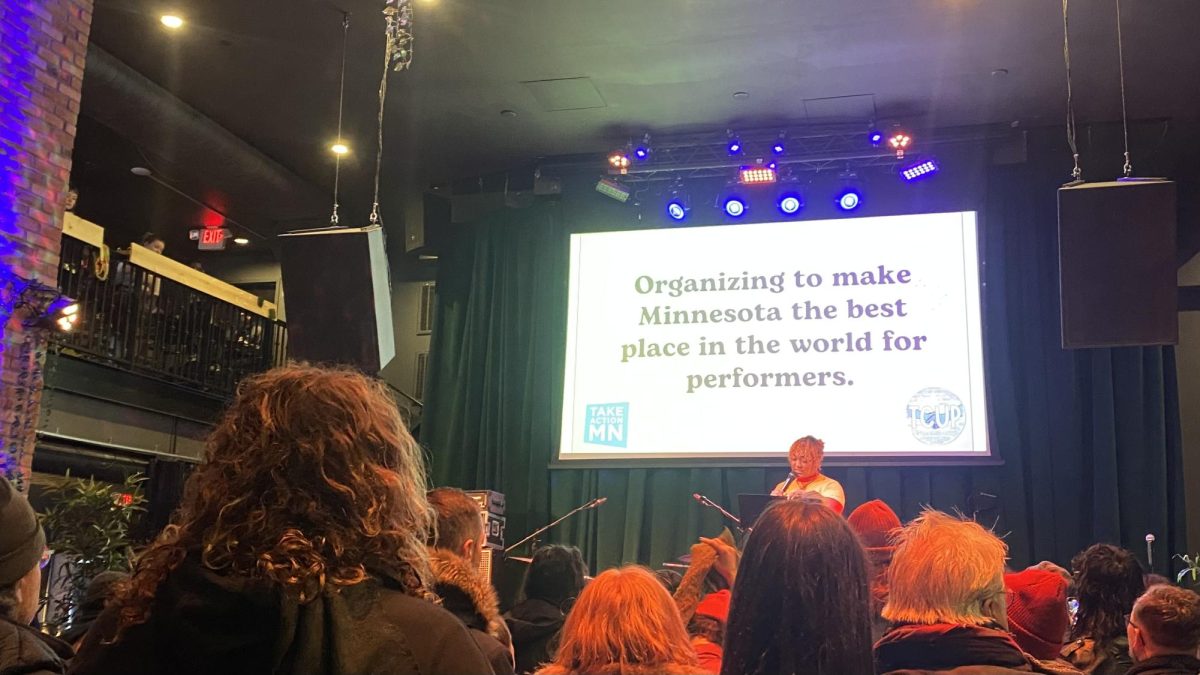In the half century since “On the Waterfront” premiered, it seems most of us workers haven’t gotten much smarter.
Throughout Elia Kazan’s classic social drama, the characters repeatedly implore one another to “wise up!”
Unfortunately, wisdom is apparently in short supply on New York’s docks, where a brutal mob boss, Johnny Friendly (Lee J. Cobb), controls the longshoreman’s union, ensuring nothing gets unloaded and nobody works unless they make it worth his while.
Marlon Brando, in one of his biggest roles, plays Terry Malloy, the brother of Johnny’s lieutenant and a former boxer who, famously, “coulda been a contender” if he hadn’t thrown his big fight as a favor to the mob.
“On the Waterfront” centers on Terry’s moral choices, as he debates whether to help a crusading priest (Karl Malden) and the sister of a man he set up to be killed (Eva Marie Saint) clean up corruption on the docks.
Despite being produced at the height of Cold War, anti-communist paranoia, Kazan and screenwriter Budd Schulberg managed to include scenes that damn the whole system that produces crime and corruption.
At the core of Terry’s conflict is his economic position. The men who run the shipping companies need a flexible, tough workforce to unload the ships.
But the workers have a union, which could strike and lose millions of dollars for the capitalists. So a system arises by which the bosses can hire the mob to police the workers, preventing them from using their union for its intended purpose.
Since “On the Waterfront” was made, life on the world’s docks has changed dramatically. Machines now unload most cargoes, which are neatly packed in steel containers that can be loaded directly to waiting semitrucks, eventually to be unloaded by low-wage, nonunion workers at their final destinations.
The rough and tumble world of mob bosses who muscle union members into submission is, for the most part, a memory. The real bosses have cut out the middleman and passed the savings on to themselves.
Workers today face life-or-death situations that aren’t nearly as clear-cut as they were in the 1950s. Instead of choosing between the mob and their own honor, today’s working class has to choose between low wages and no health care.
The mob might have moved off the waterfront, but plenty of people still need to wise up.







